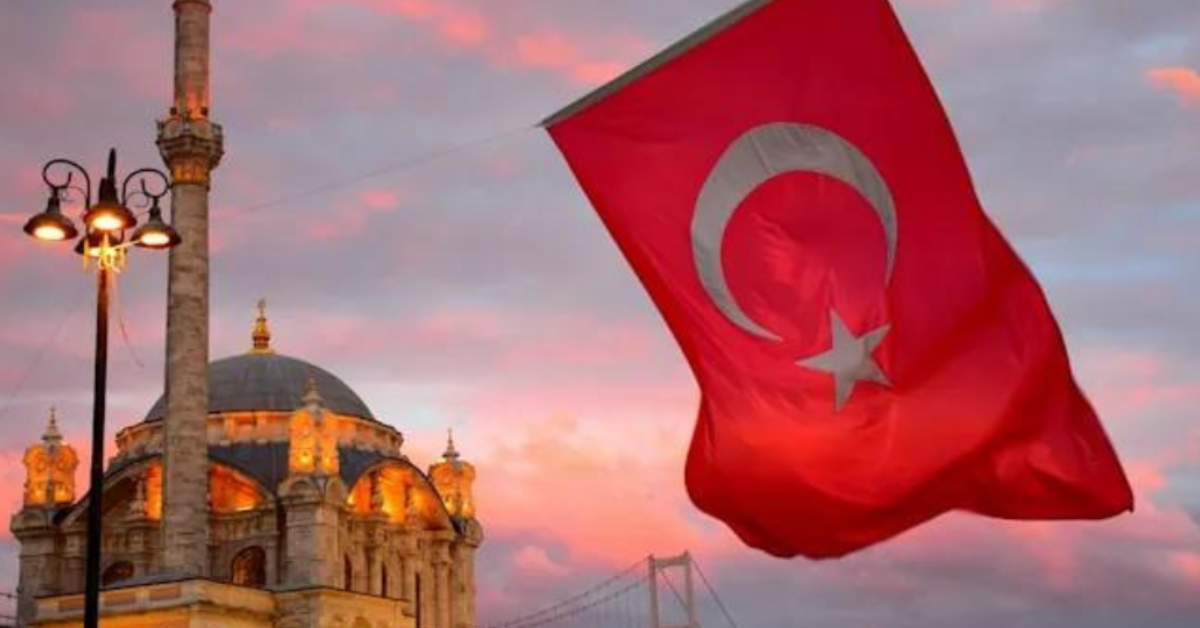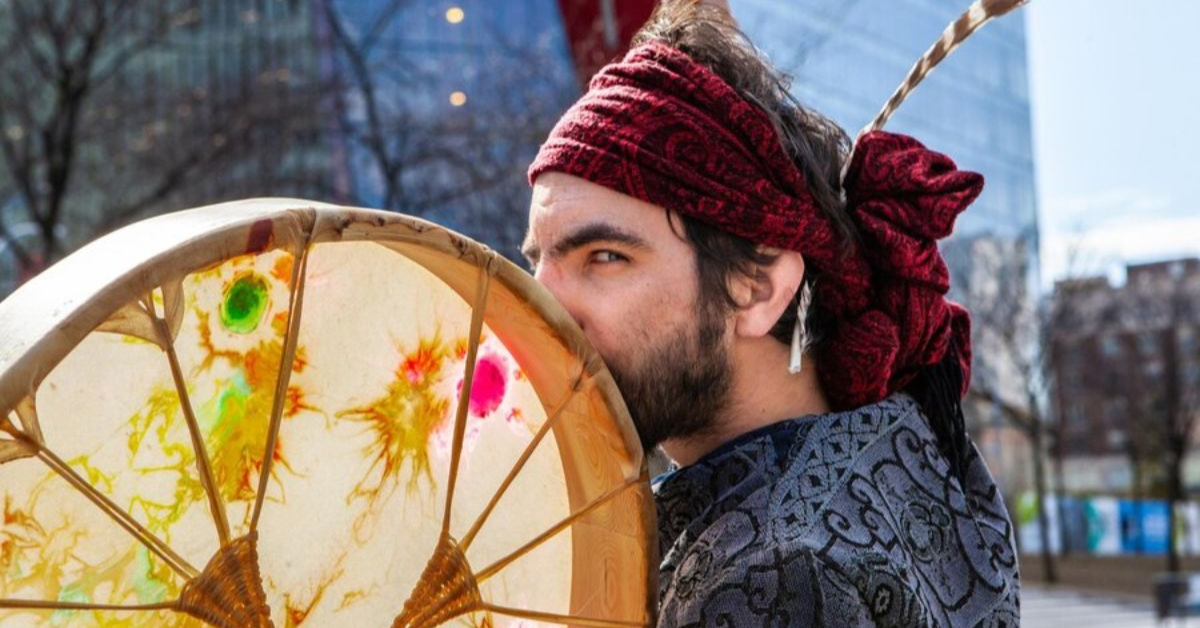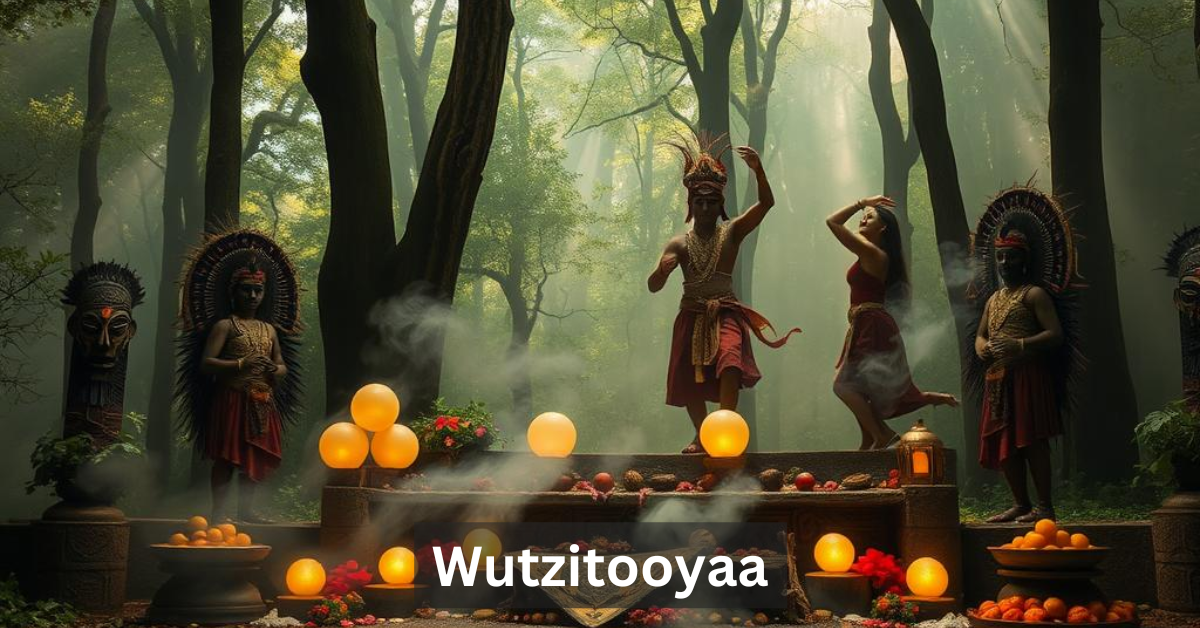“Utanmaz Türklere” refers to individuals in Turkish society who defy traditional norms and live authentically, often challenging societal expectations. These people are unafraid to challenge traditional values and assert their identity, whether through art, literature, or everyday life. The concept of “Utanmaz Türklere” has deep roots in Turkish culture, touching upon themes of honor, pride, and freedom of expression.
Turkey’s rich cultural heritage is built upon centuries of diverse influences, blending Eastern traditions with Western ideologies. In this context, cultural expressions and societal norms hold significant weight. However, individuals who stand apart from these conventions often shape the way society evolves. “Utanmaz Türklere” is an embodiment of those who break free from the expected, leaving a lasting impact on the nation’s cultural landscape.
This blog post delves deep into the concept of “Utanmaz Türklere,” exploring its roots, its cultural significance, and its relevance in modern-day Turkey. By examining its portrayal in literature, media, and public life, we aim to better understand how this term reflects broader social dynamics, including psychological aspects, legal considerations, and societal pressures.
Understanding the Meaning of “Utanmaz Türklere”

Definition and Cultural Context
The term “Utanmaz Türklere” is not simply a derogatory term but rather a cultural expression that challenges the notion of conformity in Turkish society. The word “utanmaz” translates to “shameless,” but it doesn’t carry the same negative connotation it might in other cultures. Instead, it highlights individuals who are unapologetically themselves, refusing to bow to the traditional expectations that often dominate Turkish life. These figures stand out not only in their actions but in the cultural space they create through their non-conformity.
How the Term Reflects Societal Values and Defiance
In Turkey, where societal norms often prioritize family honor, modesty, and conformity, “Utanmaz Türklere” becomes a form of rebellion. These individuals refuse to adhere to the idealized version of Turkish modesty and instead carve their path. Their defiance forces society to confront and question the values it holds dear, creating a dynamic tension between tradition and modernity.
Evolution of the Term Over Time
Over the years, the term “Utanmaz Türklere” has evolved. Initially, it was used as a form of criticism against those who defied convention, but as Turkey has modernized, the term has come to represent something more complex. Today, it symbolizes courage, individuality, and even resilience in the face of societal pressure. It encapsulates the ongoing struggle between maintaining cultural heritage and embracing progress.
Historical Roots of Defiance in Turkish Culture
Key Figures in Turkish History Who Exemplify Defiance
Throughout Turkish history, several individuals have exemplified the spirit of “Utanmaz Türklere.” One notable figure is Halide Edib Adıvar, a prominent Turkish author and activist who challenged both gender roles and nationalistic ideals during the early 20th century. Her writings often critiqued the social and political systems of the time, offering a sharp departure from the status quo.
The Role of Literature and Art in Shaping Cultural Norms
Turkish literature and art have long been arenas for expressing defiance against societal constraints. Writers such as Orhan Pamuk and Yaşar Kemal have used their works to comment on issues like class, identity, and the evolution of Turkish society. Through their literature, they not only critiqued the norms but also encouraged their readers to reconsider the traditions that shaped them.
How Early Turkish Society Viewed Rebellion and Non-Conformity
In the past, early Turkish society often viewed rebellion and non-conformity as threats to social stability. Traditional values, including Turkish honor and modesty, were tightly woven into the fabric of daily life. Rebellious figures were often marginalized, but over time, their contributions to cultural discussions led to a reevaluation of what it meant to challenge the system. In many ways, the fight for individual expression became as significant as the fight for political independence.
Social and Psychological Aspects of “Utanmaz Türklere”
Turkish Honor and Modesty Codes
Honor and modesty are core values in Turkish society. These codes shape everything from family dynamics to professional behavior. People are often expected to conform to the roles designated by society—whether it’s adhering to gender expectations or maintaining a certain public image. “Utanmaz Türklere,” however, rejects these codes in favor of personal freedom and authenticity. Their willingness to defy honor and modesty codes is often viewed as both an act of courage and a challenge to the status quo.
The Psychological Impact of Challenging Societal Norms
Psychologically, defying societal norms can be both empowering and isolating. For those labeled as “Utanmaz Türklere,” the decision to go against the grain often involves immense personal cost. The pressure to conform is so deeply embedded in Turkish social dynamics that individuals who challenge it can face stigma and alienation. Yet, for many, the act of defiance becomes a form of self-actualization, an opportunity to live authentically despite the challenges.
The Role of Public Opinion in Shaping Identity
Public opinion plays a significant role in shaping identity in Turkey. Individuals who deviate from established norms can be met with disapproval or even hostility. However, as Turkish society has become more diverse and globally connected, there has been a shift in how nonconformity is viewed. While public opinion can still be harsh, younger generations are increasingly embracing the idea of diversity and individuality. Social media, for instance, has become a powerful tool for these individuals to share their stories and challenge public opinion.
Media and Representation: How “Utanmaz Türklere” Is Portrayed
Representation in Turkish Literature and Media
Turkish literature has long been a space for exploring themes of rebellion, identity, and nonconformity. From the works of Halide Edib Adıvar to the modern narratives of Orhan Pamuk, literature has played a vital role in the representation of “Utanmaz Türklere.” Similarly, Turkish media has started to shift its portrayal of these figures. No longer relegated to the margins, characters who embody defiance are now becoming central to both television and film narratives.
How Modern Turkish Cinema and TV Shows Depict Defiance
In modern Turkish cinema and television, defiance is often depicted as a form of resistance against oppressive forces. Characters who embody the spirit of “Utanmaz Türklere” are portrayed as symbols of change, questioning societal expectations and rejecting the idea that conformity equals success. These representations serve as a powerful commentary on Turkish society’s evolving values and the growing acceptance of diversity in public discourse.
Case Studies of Famous Characters or Public Figures
Public figures like actress Tarkan, a major pop star in Turkey, or prominent political activists, have become modern-day icons of defiance. Through their music, films, or public actions, they have expressed ideas that challenge the accepted narrative, often inspiring their followers to embrace their own individuality. These figures show how public personas can push boundaries and redefine what it means to be a part of Turkish society.
The Role of Education and Legal Systems in Shaping Cultural Norms
How Turkey’s Education System Addresses Non-Conformity
Turkey’s education system has historically emphasized discipline and conformity. However, in recent years, there has been an increasing effort to foster critical thinking and creativity among students. Universities, in particular, have become hotbeds for political and social debate, where students openly challenge established norms. This shift in the educational approach reflects a broader movement towards encouraging students to think for themselves, paving the way for a more diverse and dynamic Turkish society.
Legal Perspectives on Freedom of Expression and Societal Norms
The Turkish legal system has been a point of tension when it comes to freedom of expression and societal norms. While the Turkish constitution guarantees freedom of speech, laws around defamation, blasphemy, and national security have often been used to suppress dissent. The legal framework in Turkey continues to evolve, balancing the rights of individuals to express their opinions with the need to maintain social harmony. The tension between these forces is a key aspect of the ongoing conversation around “Utanmaz Türklere.”
The Clash Between Personal Freedom and Collective Values
In Turkish society, personal freedom often comes into conflict with collective values. While personal liberty is an important principle, it is frequently at odds with the country’s strong traditions of honor, modesty, and familial responsibility. Those who choose to challenge these collective values face a delicate balancing act between asserting their individuality and maintaining social harmony. This tension is at the heart of the “Utanmaz Türklere” debate.
Contemporary Relevance: “Utanmaz Türklere” in Today’s Turkey
How the Term Resonates with Modern Youth
In today’s Turkey, the term “Utanmaz Türklere” holds special resonance with younger generations. Many young people feel disconnected from the strict traditions that defined the older generation’s worldview. As globalization and digital media have expanded access to different cultures, Turkish youth are increasingly embracing individualism and rejecting the idea of conformity. For them, being labeled as “Utanmaz Türklere” is no longer a condemnation but a badge of honor.
The Impact of Globalization and Western Culture on Turkish Identity
Globalization and Western culture have had a profound impact on Turkish identity, particularly in urban areas. The influence of social media, pop culture, and Western values has fostered a more diverse and inclusive society. As a result, “Utanmaz Türklere” are becoming more visible, as individuals feel empowered to embrace their unique identities without fear of judgment. This shift is redefining what it means to be Turkish in the modern world.
Challenges Faced by Those Who Defy Societal Norms in Turkey Today
Despite these changes, those who defy societal norms in Turkey still face significant challenges. Public opinion can be harsh, and traditional values continue to hold sway in many parts of the country. However, the rise of social movements and greater access to information is empowering individuals to challenge these norms more openly. The ongoing struggle between tradition and progress continues to shape the future of Turkish society.
The Global Perspective: Parallels in Other Cultures
Similar Cultural Expressions in Other Parts of the World
The concept of defying societal norms is not unique to Turkey. Across the globe, cultures have wrestled with the tension between individual freedom and social conformity. In countries like the United States, France, and Japan, figures who challenge societal expectations—whether through art, politics, or personal behavior—are often viewed as both revolutionary and controversial. These global parallels highlight the universal desire for self-expression and the pushback against restrictive norms.
Cross-Cultural Comparisons of Rebellion and Defiance
Comparing “Utanmaz Türklere” with similar figures in other cultures allows for a deeper understanding of how rebellion and defiance are perceived. In Western cultures, rebellion is often celebrated as a form of heroism, while in more conservative societies, such figures may be ostracized. However, the human desire for freedom and authenticity transcends borders, and “Utanmaz Türklere” serves as a reminder that societal progress often begins with a single act of defiance.
What We Can Learn from the “Utanmaz Türklere” Mentality
The mentality behind “Utanmaz Türklere” offers valuable lessons in resilience, courage, and the importance of staying true to oneself. By embracing individualism and questioning societal norms, individuals can contribute to social progress and personal growth. The global conversation around defiance and rebellion continues to shape the world, and Turkey’s “Utanmaz Türklere” plays a crucial role in this ongoing dialogue.
The Future of “Utanmaz Türklere”: Where Is Turkish Society Heading?

Changing Attitudes Towards Defiance and Conformity
As Turkey continues to modernize, attitudes towards defiance and conformity are shifting. The younger generation is increasingly rejecting traditional norms in favor of greater personal freedom and self-expression. While the older generation may still view defiance with skepticism, the winds of change are sweeping through Turkish society, and the future looks brighter for those who dare to be different.
The Role of Social Media in Shaping Public Opinion
Social media has become a powerful force in shaping public opinion in Turkey. It allows individuals to challenge traditional norms and share their stories with a global audience. For “Utanmaz Türklere,” social media provides a platform for amplifying their voices, creating a more inclusive environment for self-expression. The role of social media in reshaping Turkish society cannot be overstated.
Predictions for the Future of Cultural Defiance in Turkey
The future of cultural defiance in Turkey appears promising. As Turkish society becomes more diverse and globally connected, the need for conformity will likely decrease. More people will embrace their uniqueness, leading to greater acceptance of diversity. While challenges remain, the legacy of “Utanmaz Türklere” will continue to inspire future generations to push boundaries and redefine what it means to be Turkish.
Conclusion
The concept of “Utanmaz Türklere” represents those who defy Turkish societal norms, challenging traditional values around honor, modesty, and conformity. Over time, the term has evolved from a negative label to a symbol of bravery and individualism.
“Utanmaz Türklere” plays an important role in shaping Turkish society, challenging outdated norms and opening the door for a more diverse and inclusive future.
The impact of “Utanmaz Türklere” on Turkish culture, media, and identity is profound. Their defiance challenges the status quo, contributing to the growth and modernization of Turkish society.
Frequently Asked Questions
Why is the concept of “Utanmaz Türklere” important in Turkish culture?
It represents bravery, individualism, and the push for societal progress, particularly in a society that values conformity and tradition.
Who are some key figures associated with the idea of “Utanmaz Türklere”?
Figures like Halide Edib Adıvar and other writers, activists, and artists have embodied the spirit of defiance in Turkish history.
How does social media influence the concept of “Utanmaz Türklere”?
Social media has given individuals a platform to express their defiance against societal norms, amplifying the voices of those who challenge conformity.
What are the challenges faced by “Utanmaz Türklere” in modern Turkey?
While attitudes are changing, those who defy societal norms still face significant pressure and judgment from traditional factions of society.
Stay in touch to get more updates & alerts on BaddieHub! Thank you



